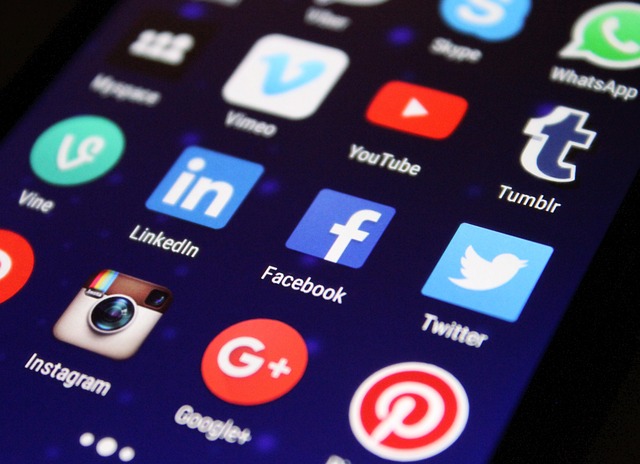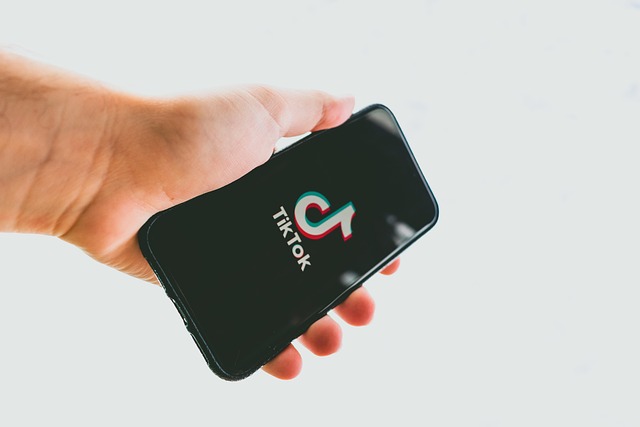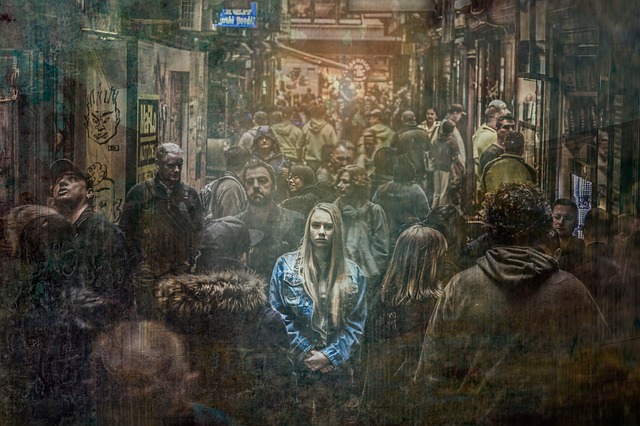The rapid evolution of technology has transformed the way we connect with each other, and at the forefront of this transformation is social media. The social media impact on society reaches far beyond the surface-level interactions we see daily. It reshapes our relationships, perceptions, and even our identity. When coming from a contact-driven perspective, the importance of understanding these dynamics becomes even clearer.
In an era where platforms like Facebook, Instagram, Twitter, and TikTok dominate personal and professional landscapes, the influence of social media on our lives is profound. These platforms allow us to maintain relationships with a wide array of contacts, pushing the boundaries of what we define as ‘community’. We tend to curate our online presence, creating a version of ourselves that we want others to see, often leading to a disconnect between our online personas and real-life interactions.
One of the most significant social media impacts is in how we form and maintain relationships. Friends and family who live far apart can share life moments with just a click, instantly bridging geographical divides. However, this convenience often comes at a cost. While we may have hundreds or even thousands of contacts online, many of these connections lack the depth and intimacy that in-person relationships carry. Social media can lead to superficial interactions, where a ‘like’ or a comment substitutes for meaningful communication.
Furthermore, the pervasive nature of social media can create a paradoxical feeling of loneliness. As we scroll through curated snapshots of others’ lives, we may find ourselves feeling isolated or inadequate. The social media impact on society extends to mental health, with studies showing increased anxiety and depression linked to social media use. The pressure to present a perfect life online can lead to feelings of competition and self-doubt, making it essential to cultivate genuine contacts that support our well-being.
On a broader scale, social media impacts how society communicates and understands critical issues. Movements such as #MeToo and Black Lives Matter have gained momentum through social platforms, allowing individuals to share their stories and experiences with a wider audience, fostering community and solidarity. These platforms have shown how collective action can occur, creating a ripple effect that drives societal change. The ability to connect with a global audience means that local issues can gain international attention, highlighting the power of contact-driven engagement.
However, with this power comes responsibility. Navigating the complexities of social media requires mindfulness and intentionality. It’s vital for individuals to recognize the influence of their online actions and to approach social media with authenticity. By consciously choosing to engage meaningfully with our contacts, we can leverage the positive aspects of social media while mitigating potential downsides.
In this age of fleeting connections and instant gratification, we must strive to build genuine relationships that transcend the digital realm. While social media will continue to paint our interactions with a broad brush, it’s up to us to give depth to them. By understanding the social media impact on society, we can foster a healthier environment for both ourselves and our communities, prioritizing real connections amidst the virtual noise.




